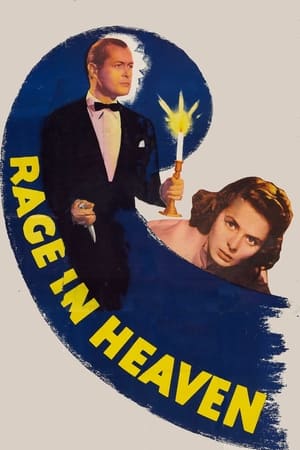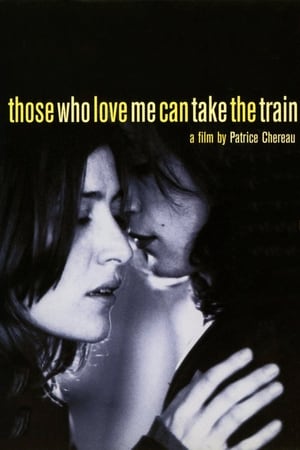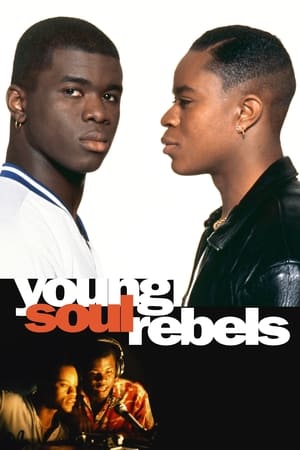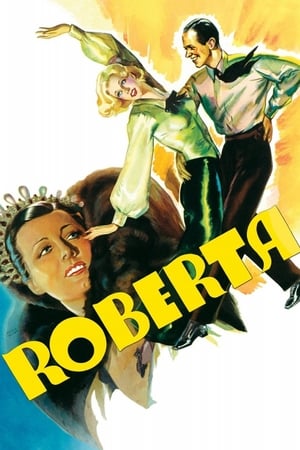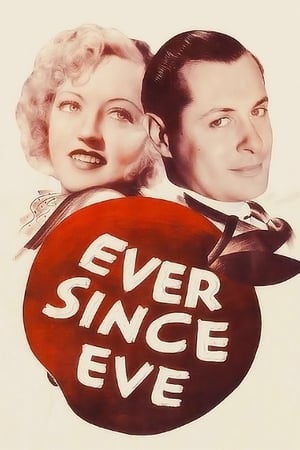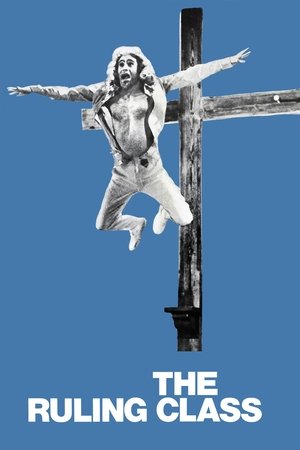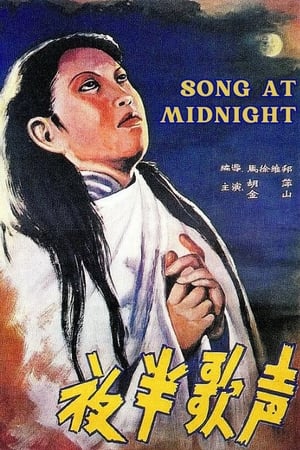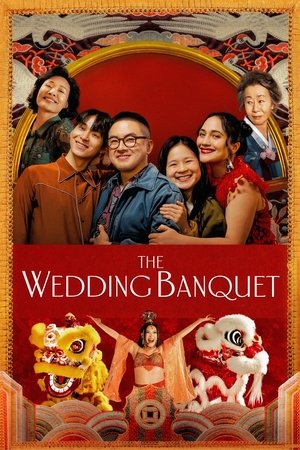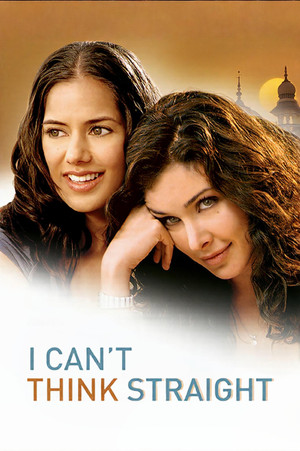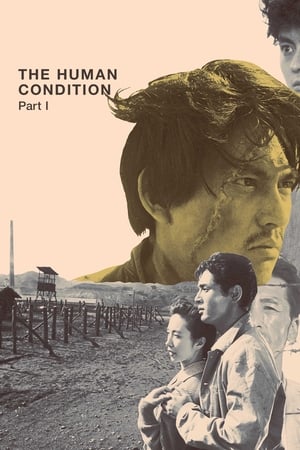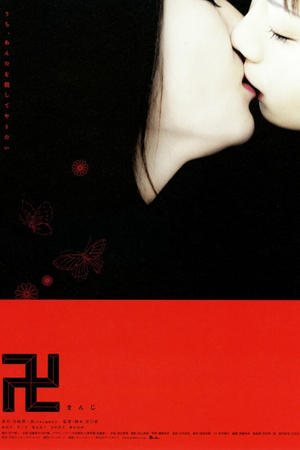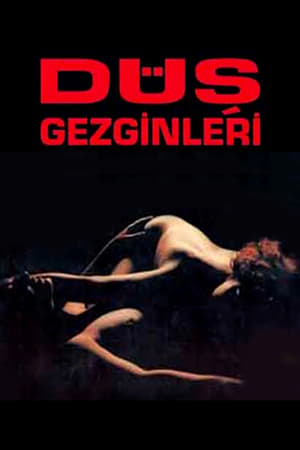Overview
Petra von Kant is a successful fashion designer -- arrogant, caustic, and self-satisfied. She mistreats Marlene (her secretary, maid, and co-designer). Enter Karin, a 23-year-old beauty who wants to be a model. Petra falls in love with Karin and invites her to move in.
Reviews
Nope, this is another film about which I didn't get the memo. Though Margit Carstensen performs addictively in the title role, the rest of this quickly descends into a rather tedious introspection of a sexually fluid woman who treats her secretary "Marlene" (Irm Hermann) appallingly at the best of times and even worse when attractive, aspiring and ambitious model "Karin" (Hanna Schygulla) arrives seeking a career - and maybe more. "Petra" falls for her: hook line and sinker, but her new paramour doesn't quite reciprocate. The torrid nature of their frequently gin-soaked on/off relationship and conversation now unfold in the static environment of her apartment with a great deal of verbiage and very little actual procress. It's not that it's slow burn - I can handle them. It's that she is dull. She exudes a sense of entitlement and arrogance that I just couldn't engage with. Of course that's testament to the acting to an extent, but I also think there's something of the emperor's new clothes to it all. Who cares about her or her life? Everything around her is disposable - except "Karin", whose repeated attempts to shock and hurt her lover might have worked in their bed, but they didn't work on me as I gradually wanted to brick them all in with a lifelong supply of Bombay Sapphire and let them grind each other to a powder. The film looks great, the costumier and set designer have conjured up a thing of beauty and style, but that can't really help this rather empty and depressing appraisal of people who, "Marlene" and possibly daughter "Gabriele" (Eva Mattes) notwithstanding, entirely deserved each other. I suspect this might have worked better with the intimacy of a stage - indeed much of Fassbinder's direction appears much better suited for that perfectly framed medium, but as a film it left me cold.

 124 min
124 min
 7.4
7.4
 1972
1972
 Germany
Germany
 CinemaSerf wrote:
CinemaSerf wrote:
